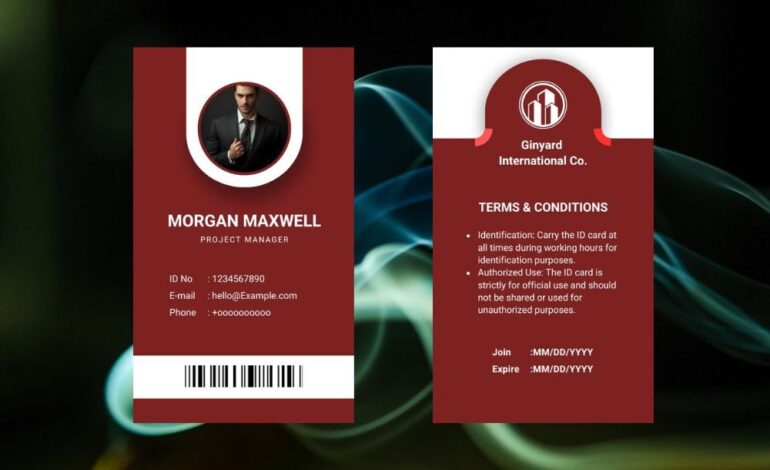Ghislaine Maxwell to Serve Five Years of Strict Federal Supervision After Prison

Alright, let us unpack this without going full true crime mode. By Riley Carter
Ghislaine Maxwell is gearing up to step out of prison only to find herself under a microscope for the next five years. Federal court documents obtained by TMZ lay out a laundry list of post-release rules that would make any parolee sweat. These supervised release conditions kick in after Maxwell serves her 20-year sentence in connection to her role alongside Jeffrey Epstein.
Maxwell’s legal team is pushing an appeal, arguing she did not get a fair trial. Winning that appeal would be a long shot, given the complexity and high-profile nature of her case. If her appeal fails and she serves the full term, she will start five years of intense federal monitoring that includes sex-offense evaluations, mandatory outpatient treatment sessions, and scheduled polygraph tests.
According to federal probation requirements, Maxwell must participate in a sex-offender evaluation and then follow through with outpatient sex-offender treatment or an outpatient mental health program. Polygraph exams will also be on the menu, ensuring that authorities can constantly verify she is complying with all the terms set by the judge.
In addition to therapy and testing, Maxwell’s digital footprint will shrink significantly. She is barred from accessing websites, chat rooms or social media platforms tied to anyone under 18 without prior federal approval, the court papers say. She will also need written permission for any new apps or devices she hopes to use. She is also prohibited from downloading or viewing any adult pornography unless her treatment provider signs off on it.
Physical contact with minors is strictly off-limits, and she must dodge any location where kids gather. The documents specify she should keep at least a 100-foot buffer from schoolyards, playgrounds, arcades, and similar venues. The 100-foot rule aligns with pedestrian exclusion zones seen in other high-profile sex-offender cases, all meant to protect community safety.
On top of that, Maxwell is forbidden from any direct or indirect contact with her identified victims. Federal guidelines make it clear that she cannot communicate by phone, email, text, or in person, and must avoid their homes, workplaces, or any other spaces tied to them. These restrictions are detailed in her probation plan to prevent any chance of intimidation or interference.
Maxwell’s conviction sent shockwaves through the media landscape, reviving the darkest chapters of Epstein’s network. Her association with Epstein, who died in custody in 2019, left an indelible mark on how high society handled allegations of abuse. Now, her supervised release terms are the final chapter in a saga that has captivated viewers and sparked endless debate over justice and accountability.
This level of scrutiny is not surprising. Maxwell was convicted in December 2021 on charges including conspiracy to entice minors to travel for illegal sex acts and sex trafficking conspiracy. Prosecutors alleged she helped Epstein recruit and groom teenage girls from roughly 1994 until 2004, a period detailed in the widely watched “Epstein Files” documentaries. Her sentencing judge emphasized that these restrictions are not punitive acts but necessary safeguards drawn from federal statutes designed to curb recidivism. Even commentators on both left and right agree that Maxwell’s case underscores the challenges of prosecuting elite networks and ensuring victims see justice.
While she remains behind bars, Maxwell’s case continues to draw public attention. Analysts note that federal supervised release is meant not only to keep her under watch but to serve as a final layer of protection for the community. The question now is whether Maxwell can rebound or if this strict regimen will define her new normal.
Anyway, that is the deal. You do you.
Sources: Celebrity Storm and TMZ
Attribution: Creative Commons Licensed




